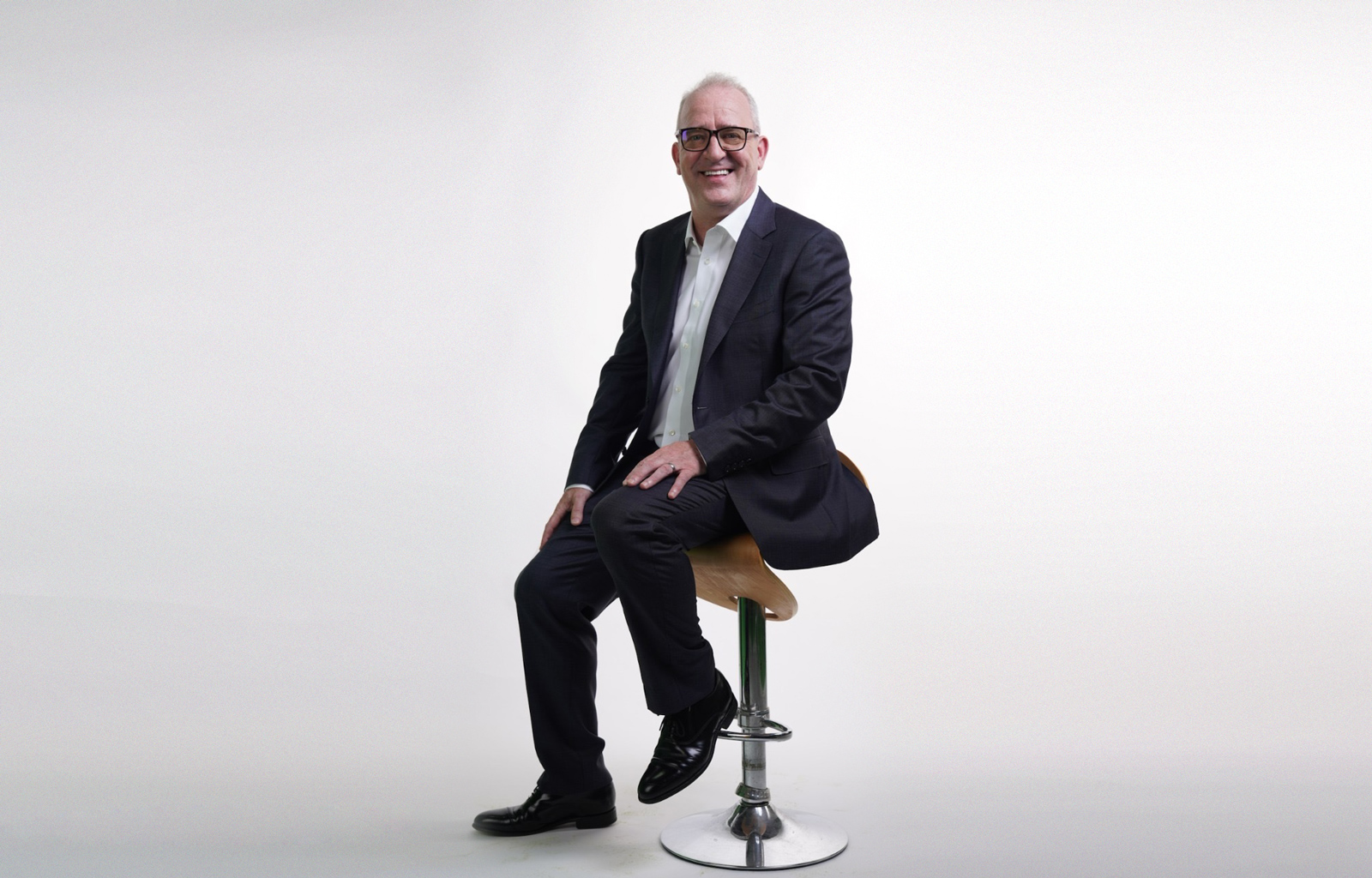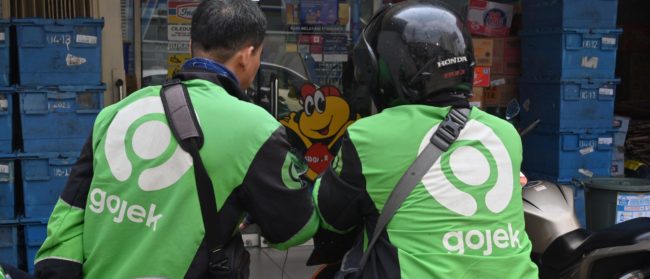In Cambodia’s transition to a digital society, Cellcard is leading the way with a vision of innovation and equity
The launch of Cellcard’s Pouk Mak, described as “Cambodia’s super-app”, could play a role in the Kingdom’s fight against the Covid-19 pandemic and hasten a return to normal life, but for CEO Ian Watson, the app is just one more step in the company’s vision for Cambodia’s digital future

Smartphones represent one of the most profound social and technological developments of the last century and have changed daily life in major ways. The devices we carry in our pockets allow people to document their lives, interact with each other and experience the world in a manner that was unimaginable just a generation ago. And for Ian Watson, CEO of Cambodian telcomm Cellcard, the impact of smartphones on our increasingly data driven lives can’t be understated.
“As we move and keep talking about digitization, one of the key components is the phone.” He continued, “it’s the means to communicate, it’s the means to access social media, it’s the means to manage our bank accounts, and it’s the means to pay.”
The recent launch of Cellcard’s Pouk Mak app offers one more level of functionality that could further expand the role of smartphones in the daily lives of Cambodians across the country. Billed as “Cambodia’s super-app” that offers the messaging, file sharing and social media features users have come to expect, Cellcard’s developers soon realized that Pouk Mak could play a role in Cambodia’s Covid 19 recovery.
“We were sitting down having our injections at Calmette hospital and they gave us a [vaccine] card and we thought what a great idea it would be if we could incorporate this into our Pouk Mak app,” Ian explained.
Using the national vaccine card’s QR codes, Pouk Mak allows users to easily scan and store their vaccine information safely and securely, regardless of their telcomm provider, a characteristic of the app that speaks to the larger ideals of the company.
“This is free to use across any network, as Cambodia’s only 100% owned operator, we thought we had a sort of moral obligation to help people store their very important digital documents on their phones,” Ian explained.
Fully grasping the importance of security and privacy for personal information in light of recent headline-grabbing data leaks, Pouk Mak is fully encrypted and locally stored to ensure that third parties cannot access user data.
Ian explained, “In terms of cybersecurity, we are very conscious that we have people’s data there, and we’ve spent a lot of money making sure it’s safe, secure and nobody can access it apart from the end user.”
He continued, “Most importantly for the Cambodian people, in terms of data sovereignty, everything is kept here, it’s not kept outside Cambodia, it’s safe, secure and easy to use.”
This idea of sovereignty goes beyond data storage though. The goal of building a homegrown Cambodian ecosystem is at the heart of the Pouk Mak app and shapes the company’s broader vision for the future of digitization in the Kingdom. As a Cambodian owned telcomm, Ian explained Cellcard’s strategy of drawing upon a pool of local talent to expand the country’s unique and rapidly growing digital landscape.
“Cambodian society is moving very very quickly as one of the leading proponents of this digital society in Southeast Asia,” Ian explained. “To cater to that, we have recruited a number of young talented individuals in terms of content development across all different segments, from gaming to eSports to education to eHealth to make sure that we are future-proofing our business, but more importantly delivering something good for the people of Cambodia.”
Looking to the future, Cellcard is doing more than just tapping the existing talent in Cambodia. By cooperating with local education authorities to digitize curricula, provide free internet access to schools and develop Digital Academies, the company is working to cultivate the next generation of innovators and prepare all Cambodians for a digitized future.
“What we’ve got to do is make sure this nation is ready for the huge technological advances which are going to be driven across all industries, all communities and all aspects of our day to day life.” Ian continued, “What we don’t want is to create a digital divide. If you are a farmer out in the provinces, you get the same level of digital engagement that if you were a business in Phnom Penh.”

The importance of equity in Cellcard’s vision for Cambodian society is born out in their strategies to reduce barriers to access, including a cell phone buyback program. By allowing people to sell their old, outdated phones and put the money towards refurbished smartphones available at reduced prices, Ian believes Cellcard can fill the gaps that are growing in the country’s digital landscape.
“Our digital strategic intent is that whoever, wherever and however you communicate, you should have the best digital platform to allow you to achieve that.”
With more than 100K users already using the app just weeks after its official launch, the popularity of Pouk Mak demonstrates the need for this kind of equitable access to tech as well as the general enthusiasm for digital innovation in the country, which has only been accelerated by Covid. And for Ian, the app represents the possibility of digital tools to go beyond the convenience of food delivery and messaging and reorganize Cambodian life towards an innovative technological society.
“The momentum is there to be the tipping point for one of the most dynamic digital countries in Southeast Asia and we will make sure that we lead the digital transformation of Cambodia.” He concluded, “We always say we aren’t digitizing a company, we are helping to digitize a country.”

